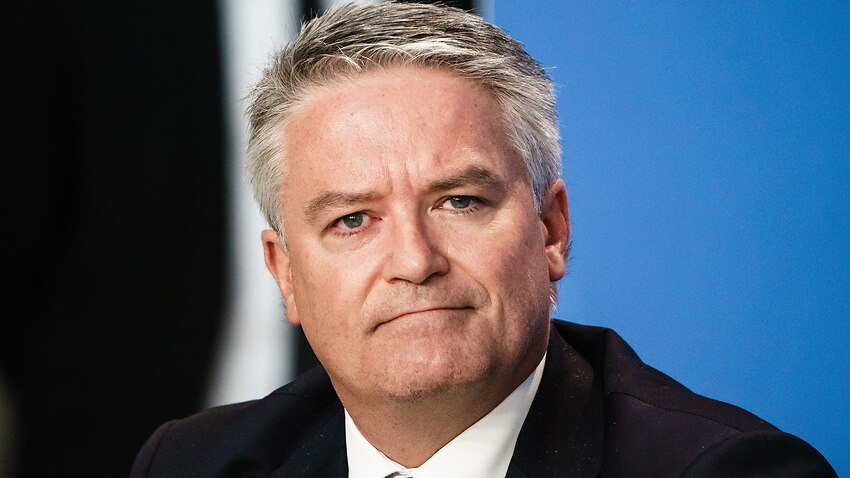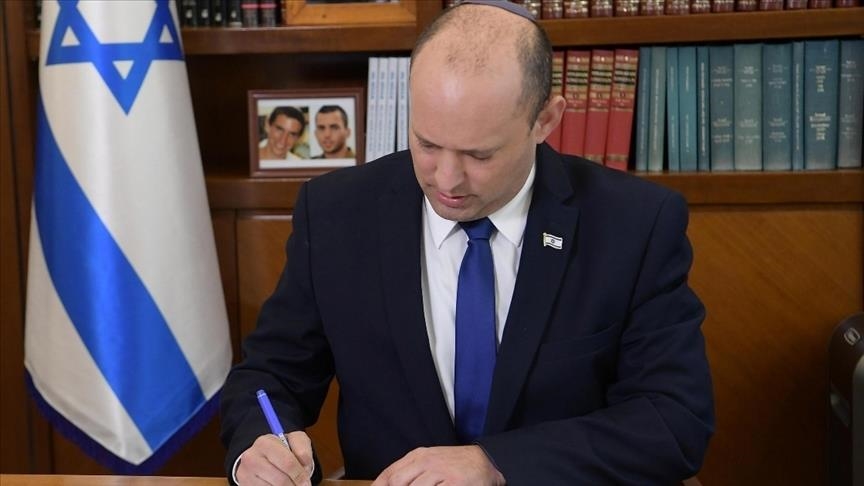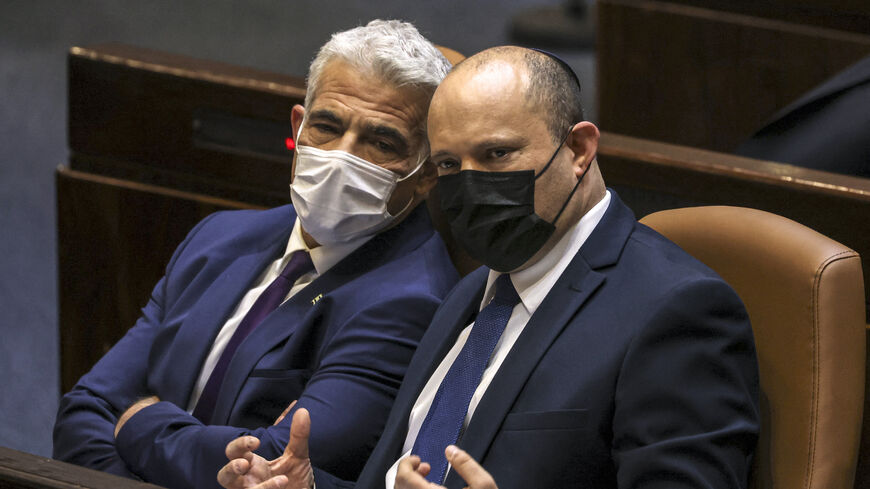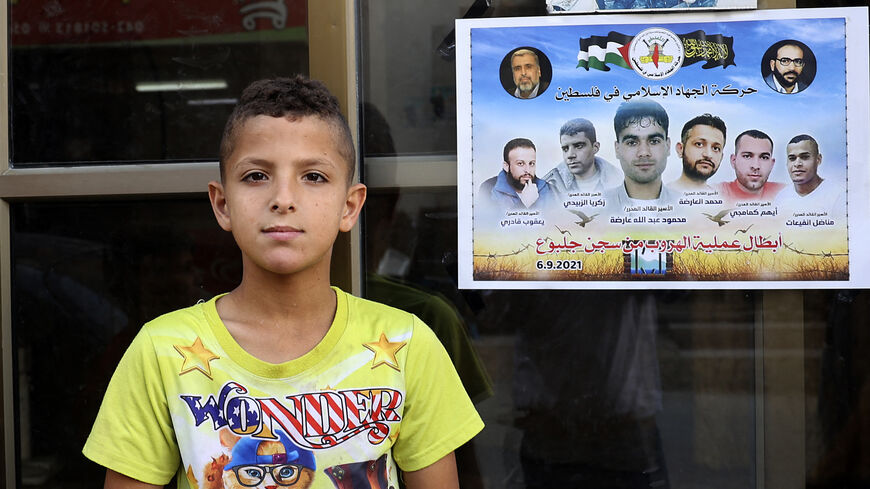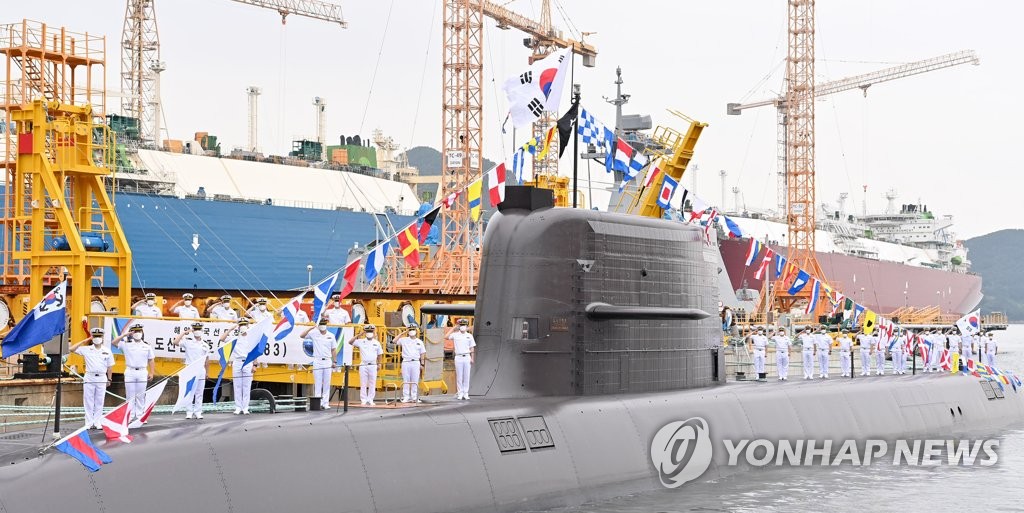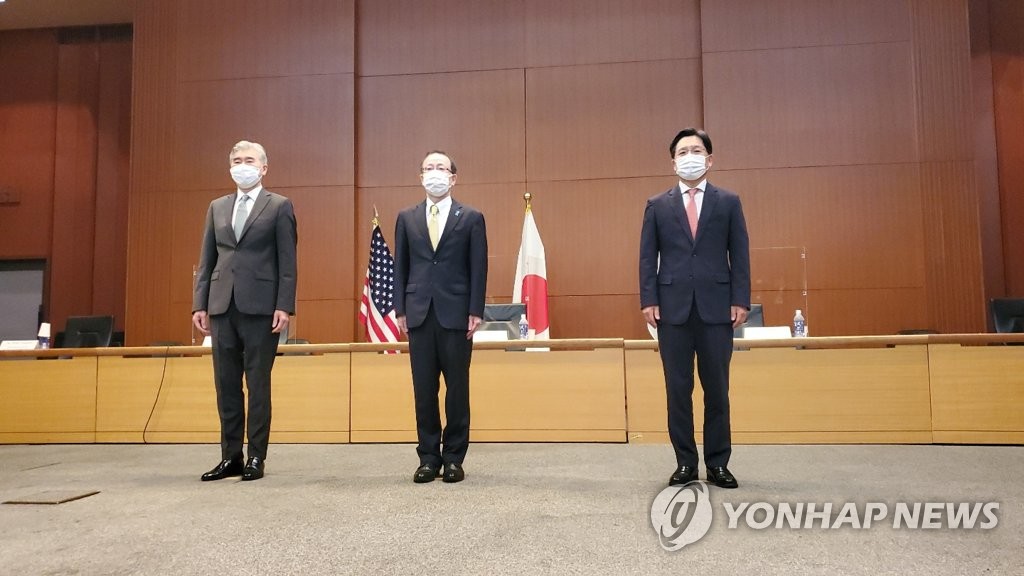The Biden administration is reportedly releasing some of the military aid that Congress had conditioned on Egypt making human rights improvements.

A picture taken on July 26, 2018, shows Egyptian policemen driving on a road leading to the North Sinai provincial capital of El-Arish. -
Elizabeth Hagedorn
September 14, 2021
The Biden administration is expected to send a portion of the military aid to Egypt that lawmakers had conditioned on Cairo taking steps to improve its human rights record, in a compromise that has failed to appease activists and some Democrats who wanted Washington to take a tougher approach.
Politico first reported the administration will release $170 million in foreign military financing to Egypt on the condition that the funds be used only for certain purposes such as counterterrorism, nonproliferation and border security. The rest of the conditioned military aid, $130 million, will remain frozen unless Cairo meets certain human rights requirements, the outlet reported.
According to The Washington Post, those conditions include Egypt ending a decade-old investigation of human rights defenders and civil society groups, as well as dropping charges against or releasing 16 people whose cases the Biden administration has previously raised with Cairo.
Egypt has received $1.3 billion in foreign military financing annually from the United States since 1987, making it the second-largest recipient of US military aid after Israel. Since 2014, Congress has conditioned a fraction of that annual assistance, roughly $300 million, on Cairo implementing human rights reforms.
Human rights in Egypt have sharply deteriorated under President Abdel Fattah al-Sisi, the former military general who seized power in 2013. The country has detained tens of thousands of journalists, activists and other perceived critics, including several US citizens and residents, on vague terrorism charges. Last week, a report from Human Rights Watch documented the extrajudicial executions of dozens of alleged “terrorists” at the hands of Egyptian security forces.
To bypass Congress’ conditions on human rights, previous administrations have routinely used a national security waiver that allowed them to release the withheld funds if the military assistance is determined to be in the US national interest.
After promising during the campaign “no more blank checks” for Sisi, Biden took office with a pledge to make human rights a focus of his foreign policy. Secretary of State Antony Blinken also promised human rights would be “central” to the US-Egypt relationship.
The Biden administration did not end up using the waiver. But its reported decision to immediately release some of the conditioned aid undermines its stated commitments on human rights, a group of 19 NGOs said Tuesday.
“If the administration’s dedication to human rights were sincere, this decision would have been simple: withhold the $300 million in military aid as conditioned by Congress to incentivize al-Sisi to change course,” said the joint statement from groups including the Project on Middle East Democracy, Amnesty International and Freedom Initiative.
“By paving the way to provide the full $300 million, the administration gives license to the Egyptian government to continue perpetrating egregious human rights violations without fear of repercussions,” the statement said.
Biden officials say they’ve repeatedly raised human rights concerns with Egypt and point to the country’s role as an important strategic partner in the Middle East. In May, Cairo won praise from Washington for facilitating the truce that ended the 11-day conflict between Israel and Gaza-based militant group Hamas.
Senator Chris Murphy (D-Conn.), a vocal critic of the Sisi government, called the Biden administration’s decision “a big missed opportunity.”
“This was a chance to send a strong message about America’s commitment to human rights and democracy, with little cost to our security, and we fell short,” he said in a statement.


